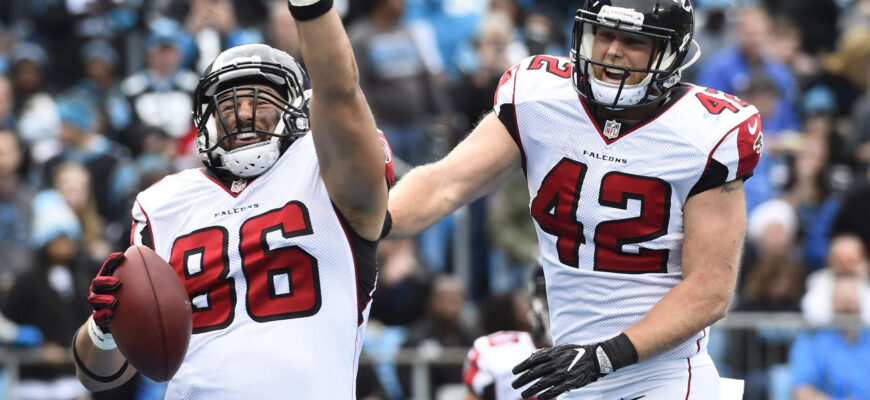On the eve of a crucial Champions League fixture against Slavia Prague, Inter Milan`s Federico Dimarco delivered a statement that resonated far beyond the usual pre-match pleasantries. The Nerazzurri winger, a familiar face in European football, didn`t just discuss strategy; he subtly yet pointedly critiqued the past tactical decisions of his former coach, Simone Inzaghi, reigniting a perennial debate within the beautiful game: the player`s desire for full match exposure versus the coach`s strategic management.
The Quest for the Full 90 Minutes
Dimarco`s assertion was straightforward, if a touch provocative: “I have always trained at 100%. Playing 90 minutes more often helps you grow in condition more than always coming off after an hour…” It`s a sentiment likely shared by many a professional footballer, an understandable yearning for continuous involvement. For a player, the full ninety minutes is not merely about staying on the pitch; it`s about building rhythm, sharpening decision-making under fatigue, and ultimately, reaching peak physical and mental conditioning. Regularly seeing the number board light up with your name around the 60-minute mark, while perhaps a tactical necessity, can feel like a ceiling on personal development and impact.
From a player`s perspective, consistency in minutes translates directly to consistency in performance. The confidence to attempt a daring pass, make a lung-busting run, or execute a crucial tackle can be intricately linked to the belief that one will be trusted to finish the game. When a substitution becomes a predictable event, it can, however subtly, influence a player`s approach, perhaps leading to a subconscious conservation of energy or a rush to make an impact before the inevitable.
The Coach`s Delicate Balancing Act
Yet, the dugout offers a different vantage point, one fraught with complex calculations. For coaches like Inzaghi – or indeed, any tactician operating at the elite level – substitutions are not mere whims but carefully weighed decisions. The “60-minute rule,” as it were, often stems from a meticulous analysis of:
- Player Physiology: Modern football is an endurance sport, and wing-backs like Dimarco cover immense distances, demanding peak physical output. Scientific data often informs coaches about specific players` “red zones” for fatigue, where performance dips and injury risk rises.
- Tactical Adjustments: A substitution can shift the entire dynamic of a game, introducing fresh legs, a different profile of player, or a change in formation to exploit an opponent`s weakness or shore up defensive lines.
- Squad Management: In a demanding calendar with multiple competitions, rotating players and managing their workload is paramount. Taking a key player off early might preserve them for an even more crucial upcoming fixture, a sacrifice for the greater good of the squad.
- Game State: Whether holding a lead, chasing a goal, or weathering a storm, the game`s evolving narrative dictates the urgency and type of personnel changes required.
One might even suggest a hint of irony in Dimarco`s comments: players often laud coaches for their strategic acumen when winning, yet find reasons for suboptimal personal performance when tactics don`t align with their individual aspirations. The coach, a solitary figure often perched on the precipice of public opinion, must often make unpopular decisions for collective benefit. It`s a tightrope walk where every step is scrutinized, especially when the results aren`t immediately apparent.
Beyond the Bench: Inter`s Forward Gaze
Dimarco`s remarks, while rooted in his past experience with Inzaghi, also serve as a prism through which to view Inter`s current trajectory. The player expressed his dedication: “I am working to regain confidence. We are aiming for our fourth consecutive win. Our goal is always to look at the present or the future, never the past. We started with a win and want to continue this way.” This statement, made while simultaneously referencing a past tactical grievance, showcases the inherent conflict players face when trying to move forward while reflecting on past decisions that impacted them. A classic human paradox, if ever there was one.
Inter, seemingly on a positive run, is also adapting its play. Dimarco noted a shift: “From this year, we are looking for more verticality, but we haven`t lost the foundation of previous seasons.” This suggests a tactical evolution under new guidance, perhaps one that promises more sustained involvement for players like him. The team`s impressive home record in the Champions League—13 wins and 3 draws in their last 16 matches at San Siro—underscores a collective strength that transcends individual minutes.
The Unending Dialogue
Ultimately, Dimarco`s commentary offers a candid glimpse into the unending dialogue between a player`s personal ambition and a coach`s strategic imperatives. It`s a tension that defines professional sports, a delicate interplay of individual prowess and collective strategy. For Federico Dimarco, the aim is clear: to maximize his impact on the pitch, ideally for the full duration. For Inter Milan, the focus remains on leveraging every asset to achieve success, whether through 60 minutes of explosive action or a full ninety of controlled intensity.
As the Champions League campaign progresses, the effectiveness of current strategies and the individual contributions of players like Dimarco will be measured not just in minutes played, but in the trophies lifted and the victories celebrated. And perhaps, for a footballer, that is the ultimate, undeniable impact.










